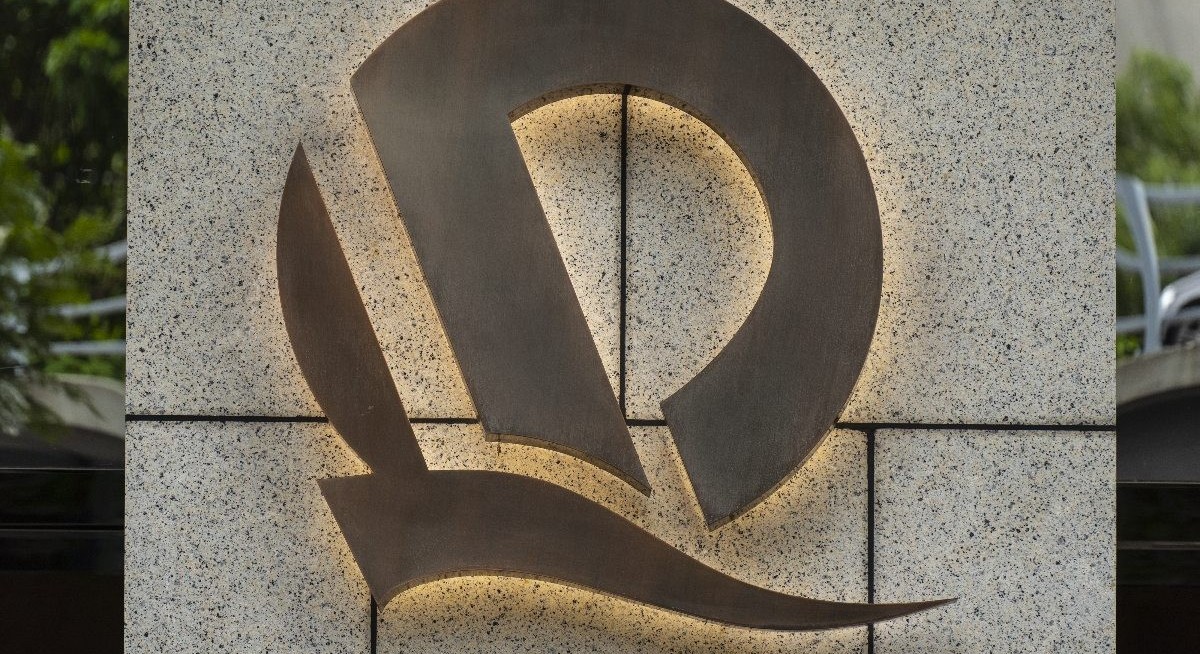Evergrande’s collapse was by far the biggest in a crisis that dragged down China’s economic growth and led to a record spate of distress among builders. The company, which first defaulted on a dollar bond in December 2021, was once the country’s largest developer by sales, and was worth more than US$50 billion ($64.21 billion) in 2017 at its peak.
In a separate filing Tuesday, court-appointed liquidators said Evergrande’s debt load is far bigger than earlier estimated, and any “holistic” restructuring is out of reach.
The clock started ticking for the delisting in late January last year, when Evergrande received a liquidation order from a Hong Kong court and trading of its shares was suspended. It has remained halted since then, having failed to meet requirements for a resumption of trading. In Hong Kong, a stock can be delisted if suspension lasts 18 months or longer.
See also: Treasuries decline on news Chinese banks asked to limit US bonds
The move will further diminish hopes for any recovery for Evergrande’s shareholders, who have seen the value of their investment evaporate in recent years.
Shares of Evergrande last traded at less than 20 Hong Kong cents on Jan. 29, 2024, giving it a market value of HK$2.15 billion ($351.7 million). The stock has had a low free float, with its founder Hui Ka Yan owning a roughly 60% stake.
“Whether or not there’s a delisting, Evergrande’s shareholders will likely have to prepare for near-total loss,” Kristy Hung, a Bloomberg Intelligence analyst, said before the announcement. “The developer’s liquidation and substantial claims from creditors who are ahead in the order suggests equity holders face material risk of getting nothing.”
See also: China pumping cash to fill US$456 bil liquidity shortfall
Delisting risks
Several other Chinese developers face similar delisting risks, according to the latest tally by the bourse. They include mid-sized builders Modern Land (China) Co., which has been suspended for more than 16 months, and Dexin China Holdings Co., which received a liquidation order in June last year.
To resume trading, some of them will have to file more updated audited results, have winding-up petitions withdrawn or dismissed, or have any liquidators discharged.
“The golden era of real estate is gone,” said Glen Ho, Asia-Pacific contingency planning and insolvency leader at Deloitte. “The business model for builders has totally changed.”
Evergrande still has two other units listed in Hong Kong — a property service provider and an electric vehicle maker. China Evergrande New Energy Vehicle Group Ltd., which has been suspended since April, could be delisted, Bloomberg Intelligence analysts Andrew Chan and Daniel Fan wrote in a recent note.
Following its 2009 listing under the ticker 3333, Evergrande rose to become one of China’s hottest stocks in its heyday, powering founder and chairman Hui to become Asia’s second-richest person. Much of Hui’s known wealth was derived from his controlling stake in Evergrande and the cash dividends he received from the company.
To stay ahead of Singapore and the region’s corporate and economic trends, click here for Latest Section
Beijing’s crackdown on the property sector since 2020 capped the developer’s borrowing capacity, effectively cutting it off from credit markets. Following failed restructuring attempts, Evergrande was given a winding-up order in Hong Kong in 2024. Later that year, a mainland Chinese court accepted a liquidation application filed against one of its major onshore units.
Evergrande’s debt pile amounts to US$45 billion, according to the developer’s court-appointed liquidators.
The company is facing 187 debt claims, with the total amount far exceeding the US$27.5 billion of liabilities disclosed in its financial statement in December 2022, the liquidators said in a progress report released on Tuesday. The new figure isn’t to be taken as final since additional claims could emerge and all are subject to formal review.
The liquidators said the realization of assets has so far been “modest” at US$255 million. Some US$167 million has been “upstreamed” and linked to Evergrande. Stakeholders shouldn’t assume that all of the money will be available to the company due to complex ownership structures, they said.




